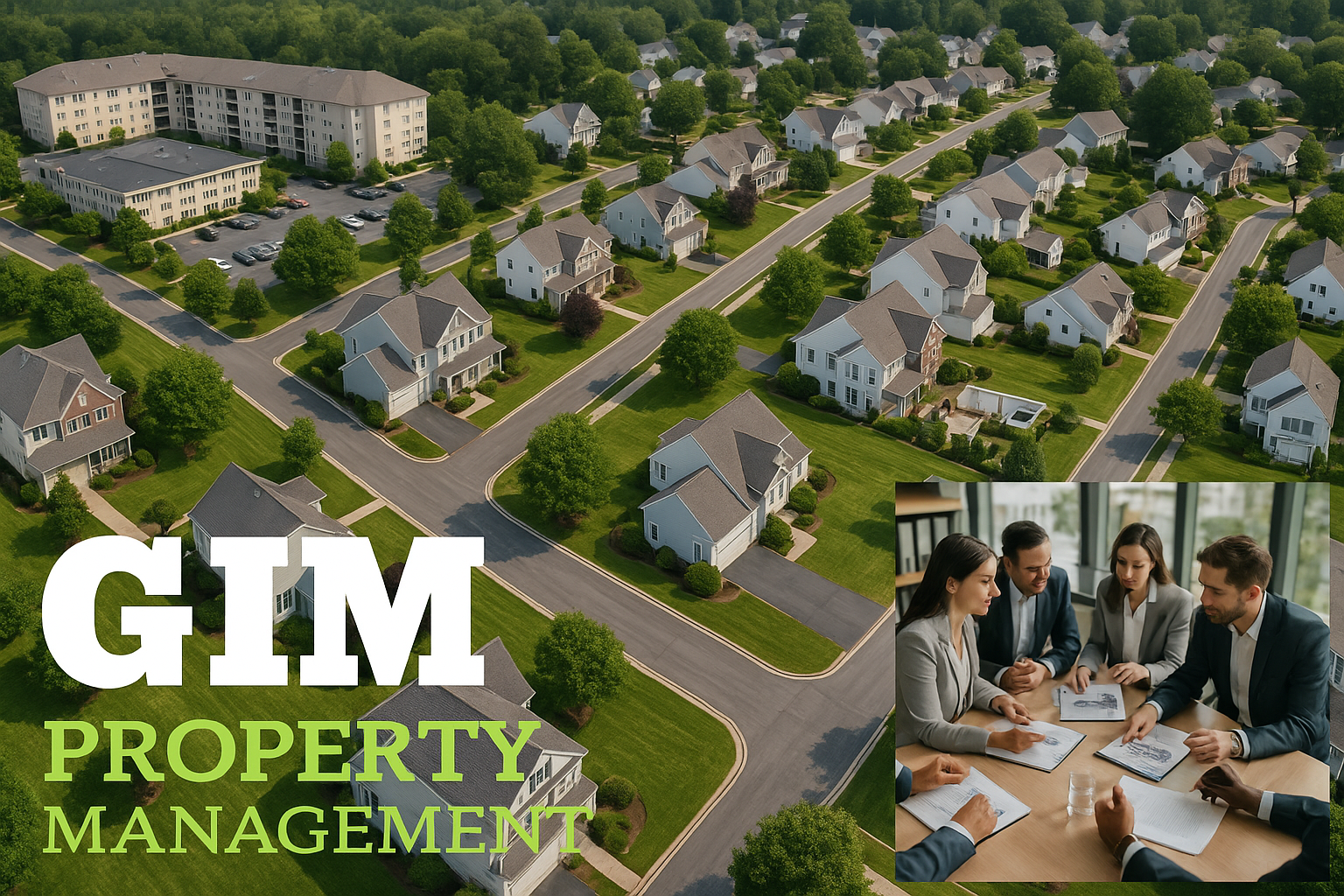Get Expert Emergency Planning Advice
Prepare for the unexpected with effective emergency plans to ensure safety and sustainability in Massachusetts property management.

Prepare for the unexpected with effective emergency plans to ensure safety and sustainability in Massachusetts property management.

markdown
In the world of property management, emergencies are inevitable, but being unprepared is not. For HOA communities and rental properties, the key to ensuring peace of mind and financial sustainability during crises lies in effective emergency response planning. By conducting regular risk assessments and developing thorough emergency plans, property managers can safeguard their communities against unforeseen events.
Unlock the secrets to effective emergency response planning for HOA communities and rental properties with GIM Property Management. In this guide, we'll explore how to create a robust emergency response plan tailored for your community. How prepared is your community for potential emergencies?
Emergency response planning is a systematic approach that involves preparing for, mitigating, responding to, and recovering from emergencies. For property management, it’s crucial to have a plan that addresses potential risks specific to the community or property. This ensures that both financial and human resources are safeguarded during crises, thereby preserving long-term financial sustainability.
Several key factors contribute to why this can be significant:
Adhering to local regulations ensures that your emergency plans meet legal requirements, protecting the community from potential liabilities.
A well-crafted plan can mitigate financial losses by reducing damage and ensuring quicker recovery, which is vital for maintaining the community’s financial health.
Effective emergency planning boosts resident confidence, knowing their safety and property are priorities during crises.
Streamlined procedures and clear roles improve the response time and effectiveness during emergencies, minimizing confusion and chaos.
The age and condition of a property, along with its operational needs, play a significant role in emergency response planning. Older properties may require more intricate plans due to potential structural vulnerabilities, while newer properties might focus on technological integration.
The value of professional management in this context cannot be overstated, as it brings expertise and structured processes to effectively manage emergencies.
Assess Risks Regularly
Develop a Comprehensive Plan
Invest in Training
Utilize Technology
Secure Adequate Insurance
Establish Partnerships
Budget for Emergencies
Enhance Physical Security
Promote Community Involvement
Review and Revise Plans
Need Help Managing Your Budget or Strategy? If you're looking to refine your emergency response strategy or need assistance with budget management, GIM Property Management is here to help. Contact us today to ensure your community is prepared for any emergency.
In summary, effective emergency response planning is crucial for the financial sustainability and safety of HOA communities and rental properties. By conducting regular risk assessments, establishing clear communication protocols, and assigning responsibilities, property managers can ensure their community is prepared for emergencies. Regular updates and resident involvement are key to maintaining a robust plan.
Enhance your community’s emergency preparedness with expert guidance from GIM Property Management. Request a consultation today to craft a plan that ensures safety and financial stability for your property.
Reach out for guidance on creating robust emergency plans for your properties.
Contact Us